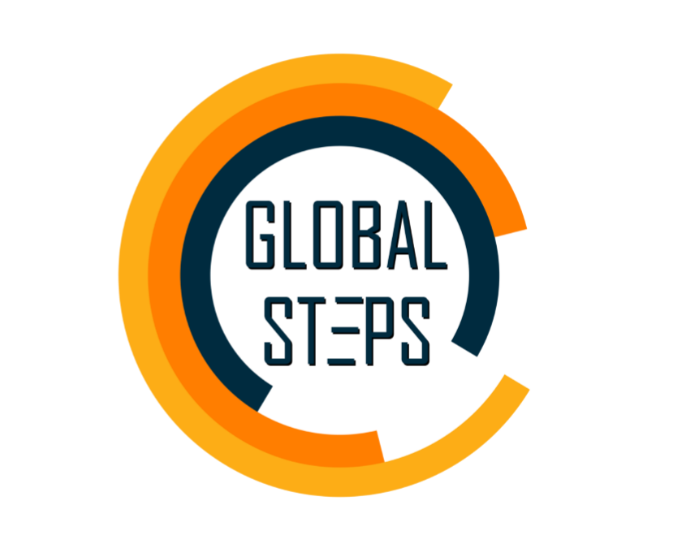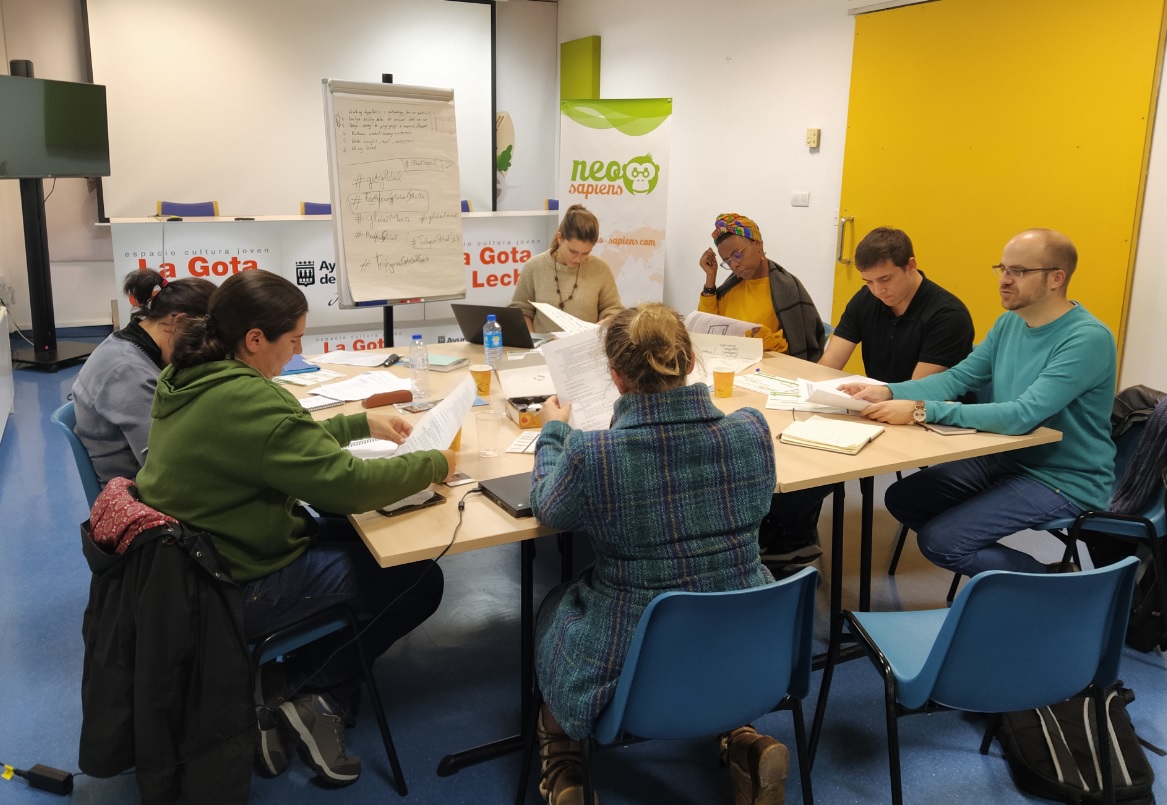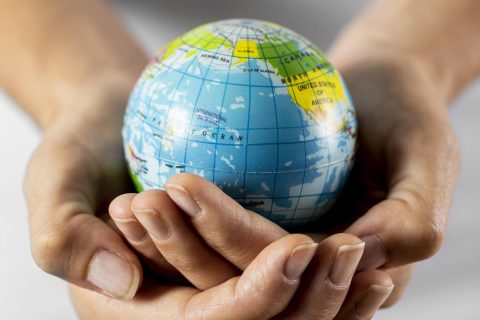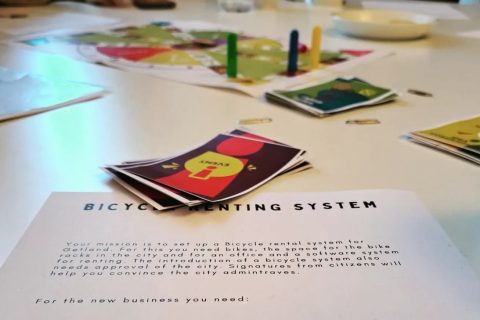“Raising Capacities for Global STEPS” is a project funded by the Erasmus+ programme of the European Commission under its Key Action 2 that brings together 5 organisations from France, Spain, UK, Belgium and Portugal. Coordinated in Spain by Neo Sapiens, this initiative arises from the growing demand for efficient accreditation of skills and competences related to global citizenship (both for professionals in the social and volunteering field and for the groups of beneficiaries with whom they work).
The aim of the project is to develop a self-assessment and free access tool that makes it possible to identify, explain and illustrate competences in aspects of global citizenship with a view to potential selection processes and employability of those who possess them. The aim is to contribute to the recognition of these competences and to promote their usefulness in the labour market, also creating an instrument to certify the experiences of those who carry out volunteering and mobility activities at international level.
This initiative will allow the training of 170 professionals in 5 countries and the interaction with 400 participants related to voluntary NGOs, international mobility entities, employment promoters, etc. that can use the project materials through an international network of organisations that will also be built thanks to STEPS. All this will allow to value the impact of activities at international level on those who carry them out and to be able to exploit what they have contributed to their benefit (both at personal and professional level). To achieve these overall results, the project partners intend to develop cooperatively:
- A study and information material on policies to improve the recognition of global citizenship skills.
- A training programme related to the project and the use of its materials and results.
- An online recognition tool in different languages to be used both by participants in mobility activities and by the organisations promoting mobility activities.
- A set of tools and resources for the recognition of global citizenship competences as well as the design of own digital badges to certify them.
This will be made possible through a 36-month cooperative programme between the project partners consisting of international meetings, online pilot testing groups, local activities and various dissemination seminars to create and disseminate the project materials in the five countries involved in the project.
The European Commission’s support for the production of this publication does not constitute an endorsement of the content, which reflects the views only of the authors, and the Commission cannot be held responsible for any use which may be made of the information contained therein.

Dates: 01/09/2019 to 31/08/2022
Partner entities:

- To create a tool for the recognition of global citizenship competences for professionals in the fields of international volunteering, mobility, solidarity, youth and career guidance services.
- To empower professionals in the aforementioned fields with new resources to support young people and adults in processes that make them aware of their learning through mobility activities, enabling them to value their experiences for their employability and the development of their communities.
- To contribute to the dissemination of transnational mobility opportunities that enable participants to gain additional knowledge and skills that can subsequently promote their personal and professional development, while having a positive impact on the local communities in which they carry out their actions.
- To generate free resources that allow those who use them to have adequate access to an increasingly global and international labour market that they are currently facing (either in communication aspects, use of new technologies, interculturality, languages, etc.).
- To give visibility to the Erasmus+ programme and share with third sector entities the benefits and alternatives it can offer them.
- Preparation of the project (September to December 2019).
- First transnational coordination meeting in Spain (December 2019).
- Elaboration of the first draft of the project materials and its products (January to July 2020).
- Second transnational coordination meeting in Portugal (July 2020).
- Testing of the project materials and trainings through the project materials online and in the project countries (July 2020 to November 2021).
- Third transnational coordination meeting in France and international dissemination seminar (November 2020).
- Fourth transnational coordination meeting in Wales (July 2021).
- Revision of project materials, validation and final publication (November 2021 to January 2022).
- Project dissemination events in partner countries (January to May 2022).
- Fifth transnational coordination meeting in Belgium (June 2022).
- Project review and finalisation (August 2022).
- Platform for the recognition of competences in volunteering and international solidarity projects
- Policy brief, following initial thematic research
- Promotional materials to give visibility to the project on social networks
- Manual for conducting a full day training
- Recognition badges for youth workers and young people




